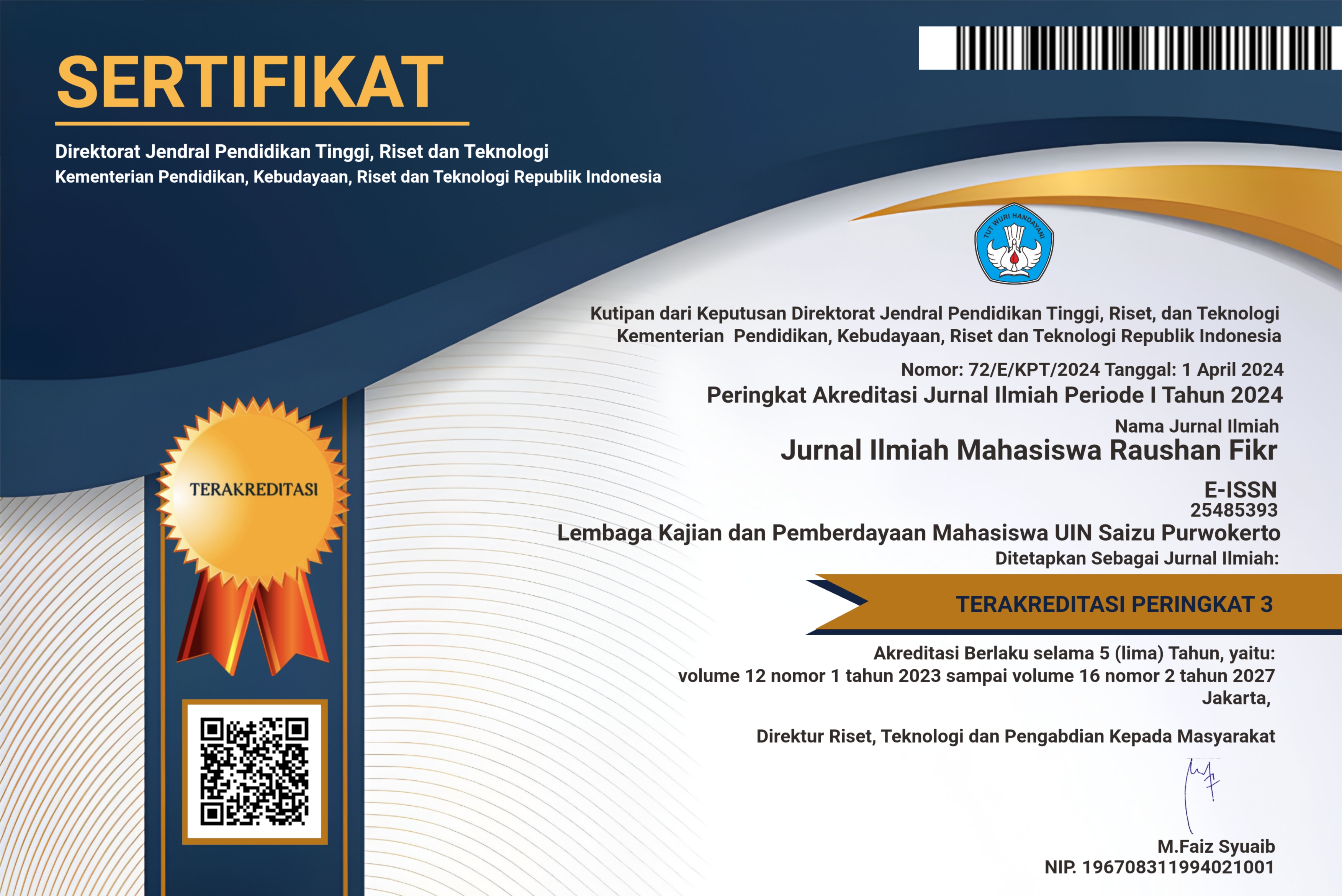MODEL PEMBELAJARAN MATEMATIKA BERBASIS KARAKTER
DOI:
https://doi.org/10.24090/jimrf.v9i2.4154Keywords:
Learning, Mathematics, Character.Abstract
Mathematics can contribute in building logical and critical thinking. As a science that studies abstract objects, it is as if mathematics is a discipline that has little correlation with culture. This raises the assumption that integrating ethnic and cultural content into mathematics is difficult. Though mathematics is a science whose development is also influenced by the socio-cultural context. Therefore, it is possible to teach mathematics by integrating the values of multicultural education. Based on Minister of Education Regulation number 22 of 2006 concerning Standard Content of Mathematics Subjects which contains 5 (five) objectives of mathematics subjects, there are several values of educational character that can be developed through mathematics education in mathematics learning which also includes mathematical characteristics including: discipline, work hard, creative, curious, independent and responsible.Downloads
References
Daryanto, dan Suryatri Darmiatun. 2013. Implementasi Pendidikan Karakter Di Sekolah. Yogyakarta: Gava Media.
Dewi, Yusfita Kumala. 2015. “Pendidikan Karakter dalam Pembelajaran Matematika.†Jurnal Pendidikan Matematika 1(2).
Jaen, Maxinus. 2016. “Pendidikan Karakter Melalui Pendidikan Matematika.â€Jurnal Pendidikan Matematika 5(3).
Kementrian Pendidikan Nasional Badan Penelitian Dan Pengembangan Pusat Kurikulum. 2010. Pengembangan pendidikan budaya dan karakter bangsa. Bahan Pelatihan Penguatan Metodologi Pembelajaran Berdasarkan Nilai-NilaiBudaya Untuk Membentuk Daya Saing dan Karakter Bangsa. Jakarta.
Kesuma, Dharma. 2013. Pendidikan Karakter (Kajian Teori dan Praktik di Sekolah). Bandung: Remaja Rosdakarya.
Mahmud. 2014. Pendidikan Karakter: Konsep dan Implementasi. Bandung: Alfabeta.
Rahmi. 2013. “Kontribusi Matematika Dalam Pembentukan Karakter Siswa.†Jurnal Ekotrans 12(1).
Suyadi. 2013. Strategi Pembelajaran Pendidikan Karakter. Bandung: Rosda.
Downloads
Published
How to Cite
Issue
Section
License
Authors who publish with this journal agree to the following terms:
- Authors retain copyright and grant the journal right of first publication with the work simultaneously licensed under a Creative Commons Attribution-NonCommercial-ShareAlike 4.0 International License that allows others to share the work with an acknowledgement of the work's authorship and initial publication in this journal.
- Authors are able to enter into separate, additional contractual arrangements for the non-exclusive distribution of the journal's published version of the work (e.g., post it to an institutional repository or publish it in a book), with an acknowledgement of its initial publication in this journal.
- Authors are permitted and encouraged to post their work online (e.g., in institutional repositories or on their website) prior to and during the submission process, as it can lead to productive exchanges, as well as earlier and greater citation of published work (See The Effect of Open Access).
















